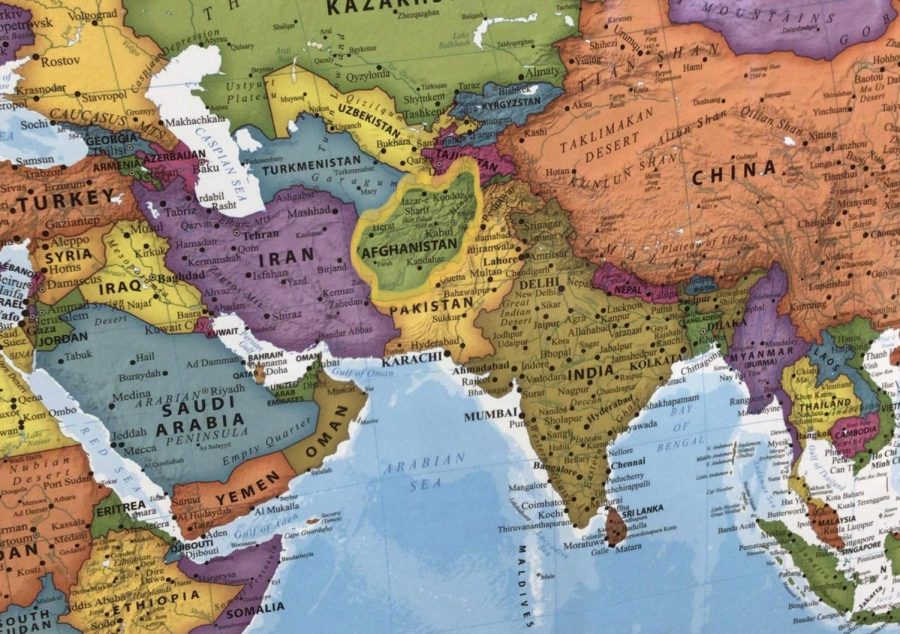Wanting Respect Means Earning It
If he Taliban wants to be respected, it might want to start by respecting the Afghan women.
September 24, 2021
This the world already knows: Just days before the anniversary of 9/11, the Taliban took over Afghanistan and changed the lives of many people, including Americans.
This, the world needs to know: After 20 some years of fighting for women’s rights, and political freedoms, the Taliban took it all back. On Aug. 15, just days after the U.S. began pulling American troops from Afghanistan, the Taliban came back and took over all of the major cities, including Kabul. Through these sets of affairs, many people lost their lives, rights, and freedom for civil movement–along with losing their homes and being moved across the world to another country, just for protection and security.
Many people are both worried and scared for what is to come in the next few months, weeks, or even days–especially as it relates to women. As a result the takeover, the women in Afghanistan are receiving harsh threats and are being put under an authority that doesn’t respect them. Numerous sources say that, to the public eye, the Taliban leaders claim they want respect for women and that they aren’t harming them. Insiders, however, say the exact opposite. Since their recent invasion, the Taliban has begun removing women and girls from schools, jobs, and families, causing all of them to be put under stress and uncertainty.
Since the new reign of the Taliban, women have been experiencing even more backlash and hatred than before. They are being removed from their homes and forced to do horrific deeds against their will. They are beginning to be more susceptive to illness and death due to the environments in which they are being placed.
Countries all over the world are trying to show their support by allowing Afghans to flee in order to stay safe and protected. The U.S. has brought in around 23,000 refugees and is sending them to other states to help foster a new life. There are currently around 72,000 people who have left Kabul and other areas in Afghanistan for safety. Even though the Taliban armies contain less than 500 soldiers, they resort to murderous interrogation methods that make the people easier to control.
The worldwide question now is this: Do we let them continue their reign and respect them as a government, or do we send more troops back there and start another war?
Mrs. Linda Fine, EHS history teacher, offers this historical point: “The Taliban was the government of Afghanistan before the U.S. invaded in 2001. While Americans don’t agree with the Taliban,” she explains, “they did bring some stability to the country after the years of war and turmoil.”
However, Fine takes issue with the wording regarding how the Taliban should be viewed. “I struggle with the word ‘respect’ in the question,” she begins. “They should be ‘recognized’ as the government since they are in control of the government.” Fine goes on to clarify. “Respect comes with time–and that is still to be determined.”
Mrs. Bekah Shenk, a social studies teacher at the Freshman Division, takes an even more cautious approach than Fine. “I think we need to be very careful in even recognizing the Taliban as a government, because they have proven in the past that they do not treat women as equals to men and use the very violent methods found in the Koran to enforce their laws from the Koran.”
Regardless of the semantics in wording, neither of these ladies is anxious for Afghanistan to take a step backward with regard to humanitarian rights–women included.



















